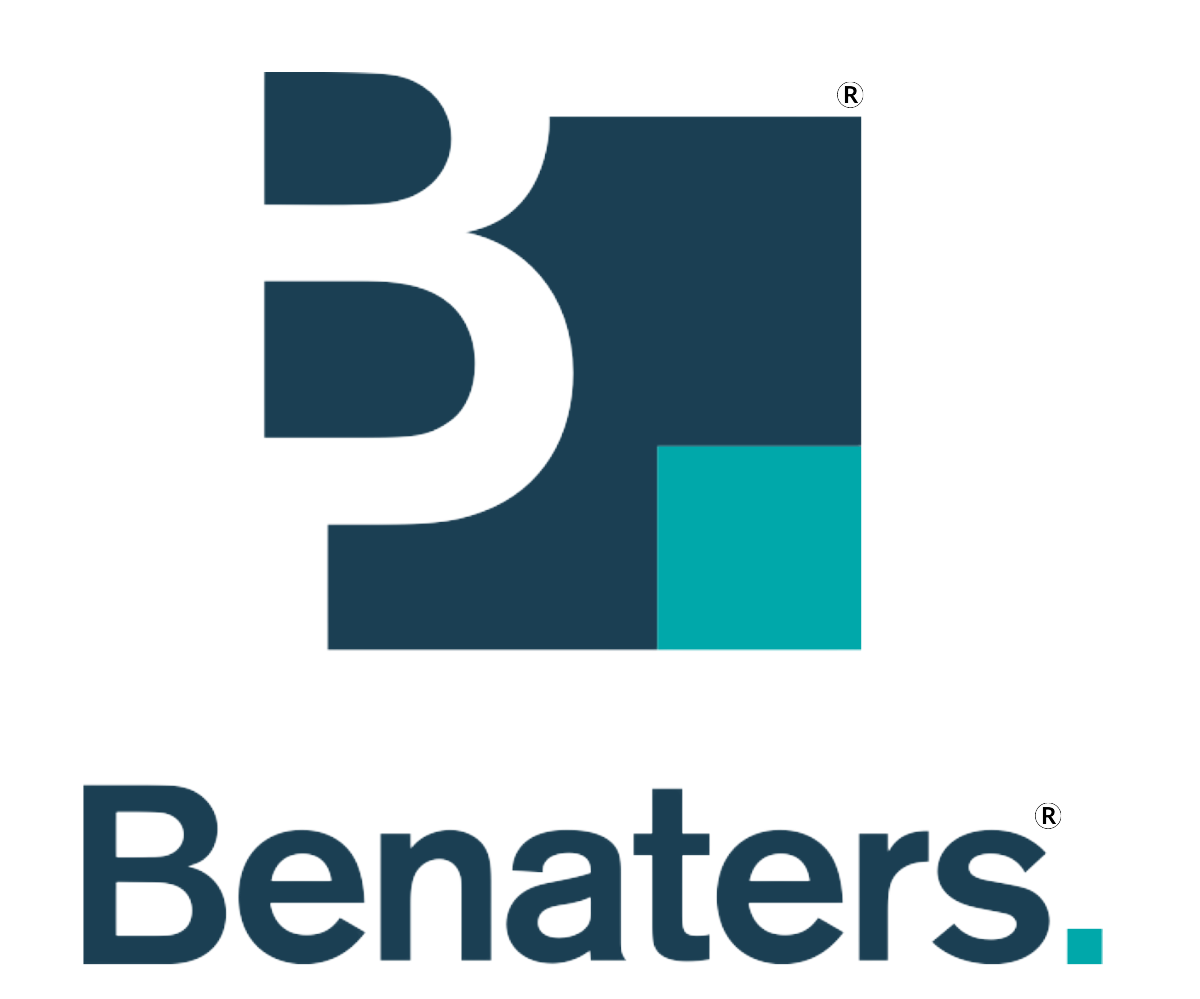Conveyancer Fundamentals Explained
Table of ContentsWhat Does Conveyancer Do?The 8-Second Trick For ConveyancerConveyancer Fundamentals ExplainedRumored Buzz on Conveyancer
The expenses are imposed based on the Regulation Culture's tariff standards. A Conveyancer must: Whatsoever times safeguard the interest of his/her clients and in accordance with the authorized Sale Agreement; Maintain all celebrations informed of the progress on their deal and notify both events of the conveyancing treatment and procedures; Advise the events on the problems of the Sale Contract, especially relating to suspensive conditions and commitments; Advise the vendor on the cancellation of his bond, any kind of charges, notice durations and other management charges which might influence the settlement number; Acquire the vendor's written guidelines before he/she, as the Conveyancer, problems any kind of assurances in regard of the purchase; Do everything in his/her power to sign up the transaction on or as close as possible to the day consented to in the Sale Contract; Suggest both celebrations on their obligations in terms of their Sale Contract, so regarding ensure that the transfer is not delayed needlessly; Meet both celebrations to sign the applicable paperwork relating to the deal Prepare the acts for lodgement with the utmost care, so regarding guarantee that they reduce the threat of a denial of the documentation by the suitable Acts Windows registry; Notify both events of the transfer on the day of enrollment; Account to both parties for financial resources associating with the deal within 2/ three days complying with effective enrollment of the purchase in the relevant Acts Computer registry.
It belongs to your conveyancer's work to coordinate a settlement time with the opposite side's legal representative, during which time the residential or commercial property is officially transacted and all documentation and cheques are handed over. Upon negotiation, your conveyancer will certainly reach you and/or your property agent to confirm negotiation and permit secrets to be handed over.
No one wants to experience a demanding or frustrating scenario when you must simply be delighted for your following action. This is where conveyancing can assist the process to relocate along effectively. The duty of a residential or commercial property conveyancer is to manage this legal process of transferring the possession and title of a residential property from the seller to the customer.
However attorneys check here frequently have a variety of locations they have proficiency in, with conveyancing possibly being a field they do not practise in usually. The benefit of using a building conveyancer is that residential or commercial property purchases are what they perform regularly. They recognize the procedure inside and out and are extremely aware of it, making sure all relevant paperwork is supplied and the procedure my sources is accurate and prompt.
Conveyancer Fundamentals Explained

Selecting an option for no various other reason than it's more affordable could create a visite site lot more problems in the long term with an inaccurate or inefficient solution. Try to find a repaired price service so you recognize exactly what the process will cost you and whether it matches your planned budget. Referrals from good friends or household, or checking out on the internet testimonials can likewise work in locating a seasoned and reliable conveyancer.

Conveyancing lawyers and certified conveyancers both manage the conveyancing procedure. A home lawyer will commonly often tend to have experience in various other legal locations as well.

The Ultimate Guide To Conveyancer
They communicate with various parties, consisting of the estate representative, seller's conveyancer, and regional authorities. The conveyancing process begins as soon as an offer on a home is accepted.
Home searches offer a purpose in the conveyancing procedure. The buyer's solicitor arranges these checks to reveal possible concerns with the residential property.
Local authorities might provide insight right into nearby future advancements that could affect the building's value. Home loan lending institutions frequently need details searches before releasing a home mortgage deal. While some searches might seem optional, omitting them might cause unexpected issues. A property's title actions represent a historic document of its possession.
The 3-Minute Rule for Conveyancer
As soon as a deal is accepted, the seller's solicitor prepares a draft agreement. This agreement pack includes vital files like the residential property info type, the leasehold information kind, and the installations and components form. The customer's conveyancer checks out these to guarantee all the documents is consistent with assumptions. At this phase, building legislation considerations arise, from common accessibility rights to what components include the home.
On this day, the purchaser pays the continuing to be balance, and the vendor transfers the residential property tricks. There's typically a void in between exchange and completion for buyers to finalise details or make setups.
Comments on “Top Guidelines Of Conveyancer”